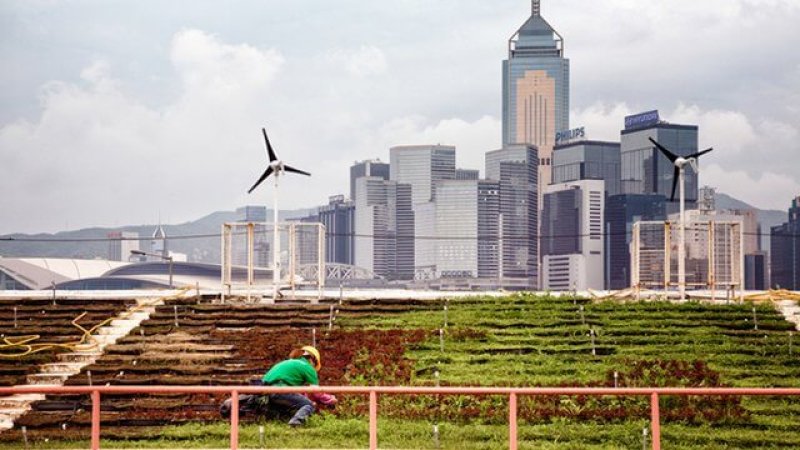Singapore could be an urban farming oasis and achieve government-set guidelines for produce self-sufficiency as researchers there pioneer the development of once-problematic organisms that can speed up the growth of plants, fruit and vegetables.
More than 18 months into a project that could help Singapore produce a decent amount of the food it consumes, scientists have recently found a way to quickly manufacture microbes that can be used to manufacture organic fertilizers and non-synthetic pesticides.
…
Kang Zhou, an associate professor at Singapore-MIT Alliance for Research and Technology (SMART), Massachusetts Institute of Technology’s only research enterprise outside the United States, hit on the biomolecular technology while his team was supporting colleagues working on increasing vegetable yields in farms in the city.
The scientists had been exploring microbial fermentation to make fertilizers, nutrients and non-synthetic pesticides in the form of small molecules, known as volatile organic compounds (VOCs), but the technology required to conduct the research has traditionally been expensive and highly wasteful. Often, just 1% of the customised material ordered from suppliers could be used in the process.
The new guanine/thymine DNA assembly technology Zhou’s team has developed stands to change the game and accelerate the pace of research into VOCs.
Read full, original article: Biotech breakthrough means local farms could provide a third of Singapore’s produce































